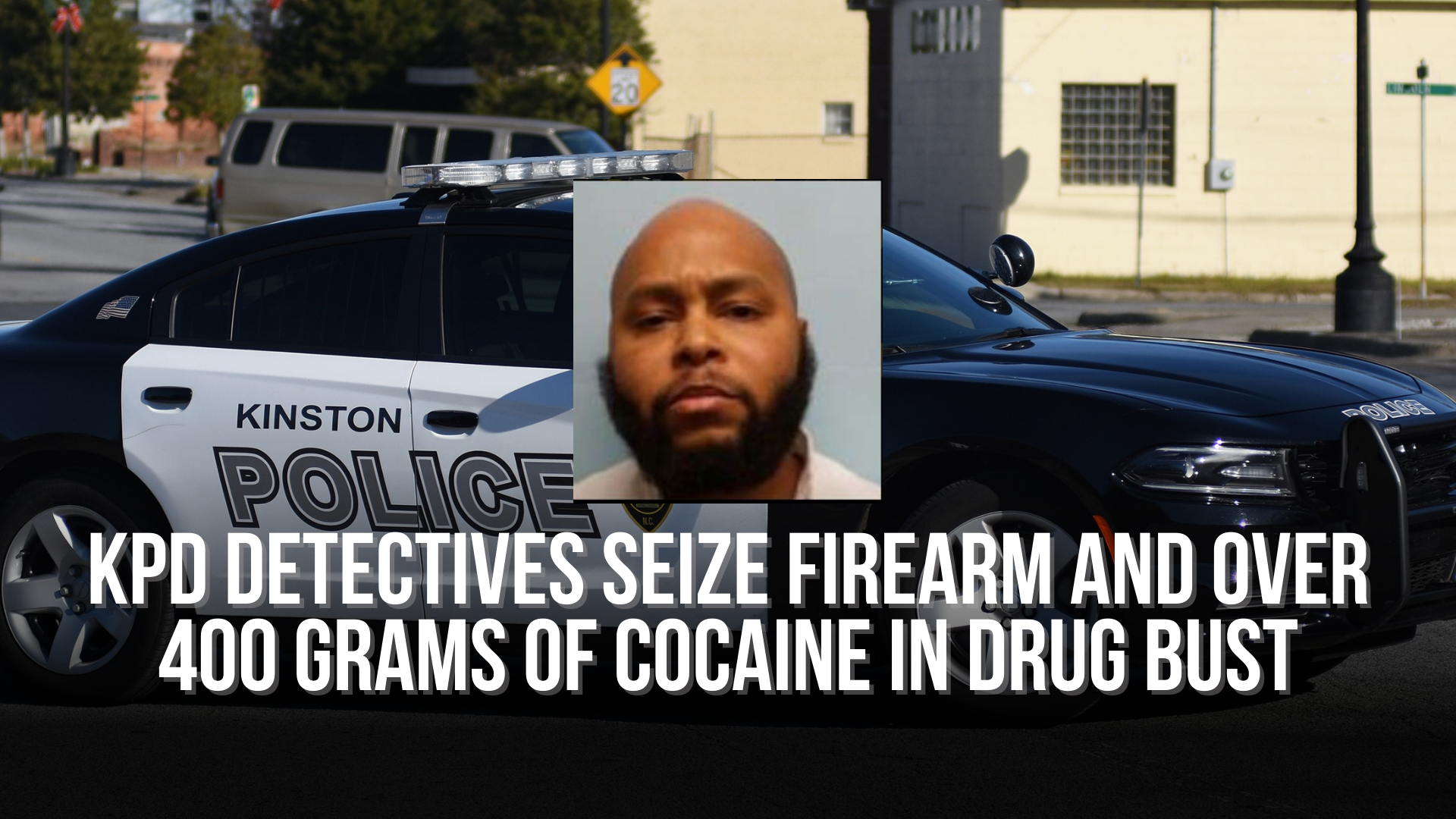John Hood: Don’t Let Roads Become Racetracks
RALEIGH — During the early stage of the COVID crisis in 2020, my daily commute got super easy. Then it got scary hard.
While my staff and I worked from home for a few weeks, we soon concluded that some of our tasks could only be performed effectively in the office. So we resumed normal operations, albeit with some precautions.
At first, my springtime commutes from southern Wake County to my Raleigh office were delightful. The highways I traversed were lightly traveled. Then the speed demons took over. Whether they had always been would-be racecar drivers, or were just tempted into it by wide-open roads, I can’t say. But as early as seven in the morning, I regularly encountered motorists traveling 15 miles-per-hour or more above the speed limit on Raleigh’s Beltline and elsewhere, often dodging and weaving around slower-moving cars like mine as if they were playing some video game. In many cases I witnessed two or more drivers clearly racing each other, oblivious to or unconcerned about the lives and property put at risk by their recklessness.
Today, almost three years later, I still witness the same behavior once or twice a week — only now the traffic is heavier and the hazards far greater.
Are bad driving habits fostered during pandemic lockdowns the sole reason North Carolina’s roads are becoming less safe? No. After falling fairly consistently since the late 1960s, highway deaths per capita started rising about a decade ago. From 2011 to 2021, they went up 33%. More than half of that increase, however, happened over just two years: 2020 and 2021.
Although the number of people killed in car crashes in North Carolina in 2021 was the highest since 1973, we are a more populous state with more drivers on the road. Despite the recent increase, our death rates remain far below the carnage of the 1960s and early 1970s. Our vehicles are better designed and maintained. Most of us wear seatbelts. Laws against drunk driving are clearer and more consistently enforced.
Moreover, while North Carolina’s recent uptick is worrisome — and our rate of 1.45 deaths per 100 million miles traveled is higher than the national average (1.34) — some of our nearby states are worse off, including Tennessee (1.59), Florida (1.60), West Virginia (1.66), Kentucky (1.68) and especially South Carolina (1.97).
In other words, there’s nothing unique about the recent increase in reckless driving on North Carolina’s roads and streets. It’s a broader phenomenon.
Nevertheless, we clearly have a serious problem. In most columns about such a problem, the author would conclude with a list of recommended policy changes to “fix” it. I’m not going to do that.
For one thing, it’s not clear to me that our current laws against speeding and reckless driving are inadequate, though I’m open to the possibility that we may need to hire and deploy more police officers and state troopers to enforce them. As New York police administrator John Hall observed in a 2021 Manhattan Institute paper, there is “considerable evidence that police traffic enforcement reduces crash injuries and fatalities.” (Hall also argued that increased use of automated enforcement such as traffic cameras won’t do as much to help, because there isn’t as much of a signal to passing motorists to slow down and because officers are more likely to detect and deter misbehavior such as late-night racing.)
Nor do I think North Carolina’s current messaging on highway safety necessarily needs an upgrade. The Governor’s Highway Safety Program, housed within DOT and ably directed by Mark Ezzell, already operates a range of awareness campaigns such as Booze It & Lose It and Speed a Little, Lose a Lot.
Rather than pinning our hopes primarily on legislation, I think all of us should accept a share of responsibility for combating the problem. Let’s teach our young people to take driving seriously, control their tempers, and stow their devices. Let’s set a good example. Let’s show we know our roads aren’t racetracks.
John Hood is a John Locke Foundation board member. His latest books, Mountain Folk and Forest Folk, combine epic fantasy with early American history (FolkloreCycle.com).
Neuse News is a locally-owned small business startup in downtown Kinston. Our goal is to provide free, hyper-local news to Lenoir, Greene and Jones counties. The kind of news our grandparents read in a format fit for today's times.
We provide this by having supportive advertisers and we encourage you to click on their ads, shop with them, and eat with them. Every bit of financial support is important to help us sustain free, hyper-local news.
Please consider supporting Neuse News with as little as $5 one-time or via a monthly option. Every little bit helps us, help you.



